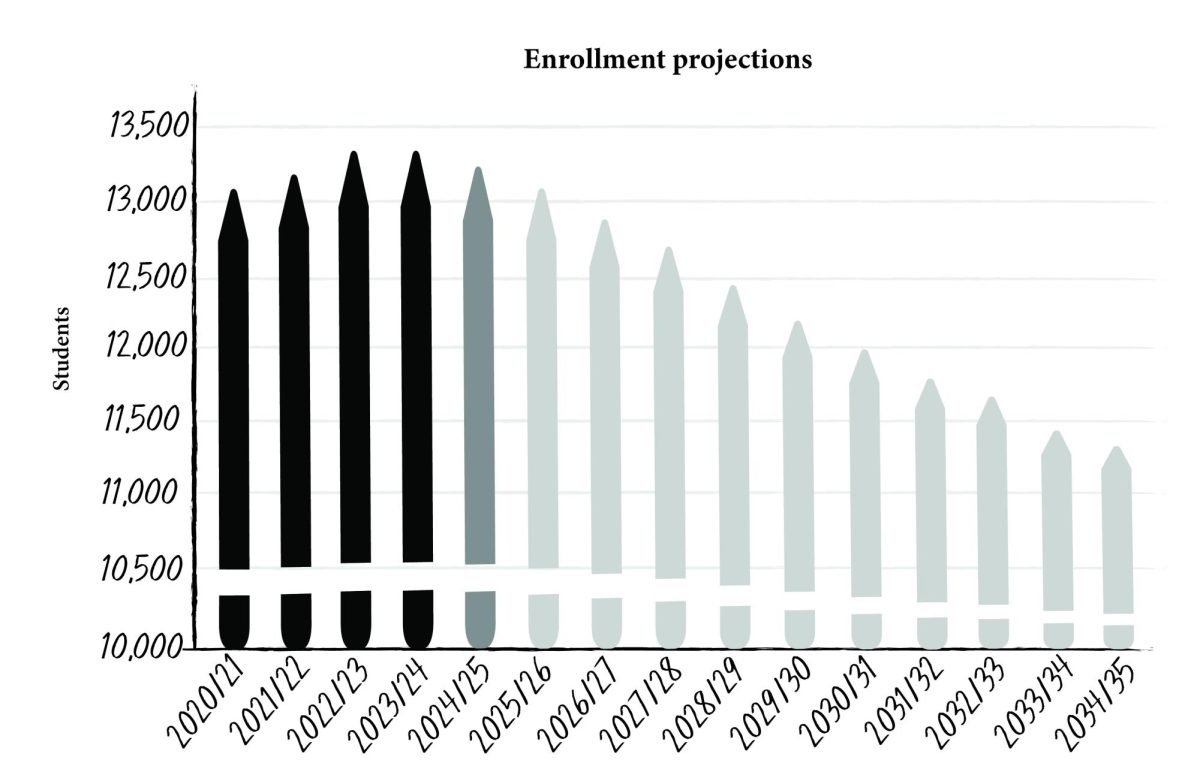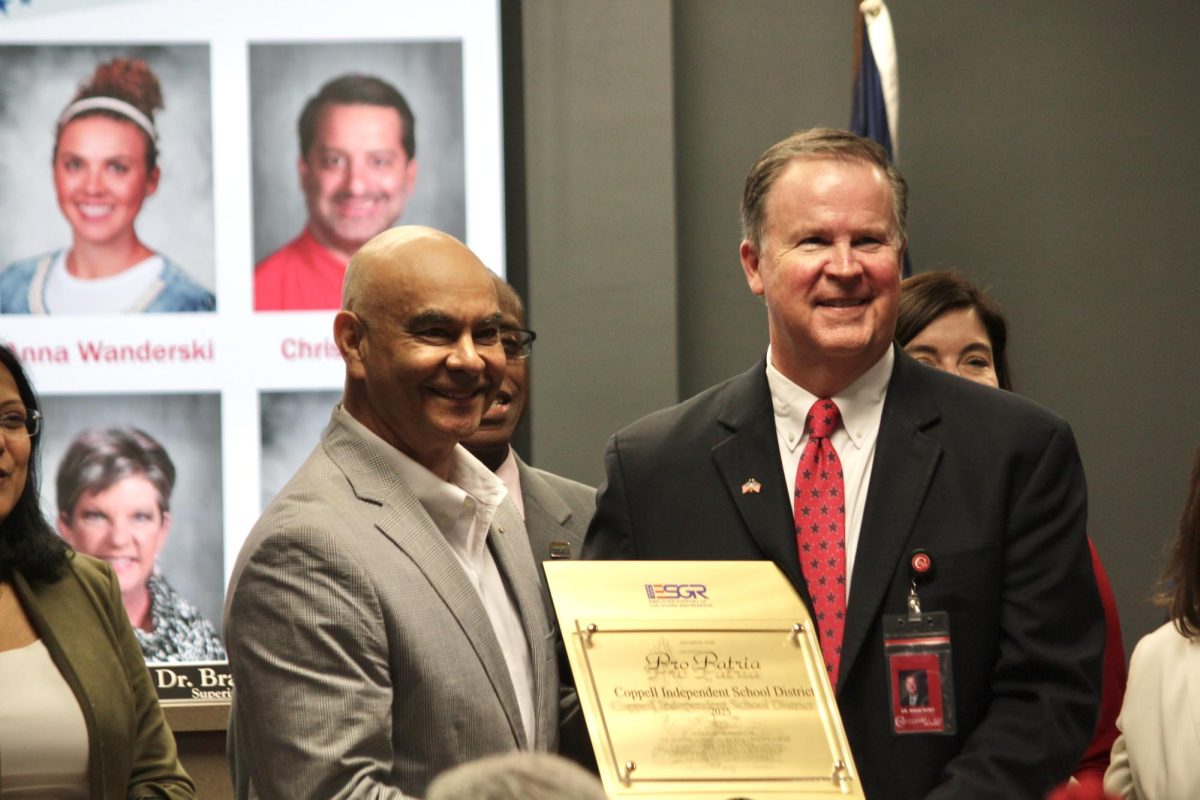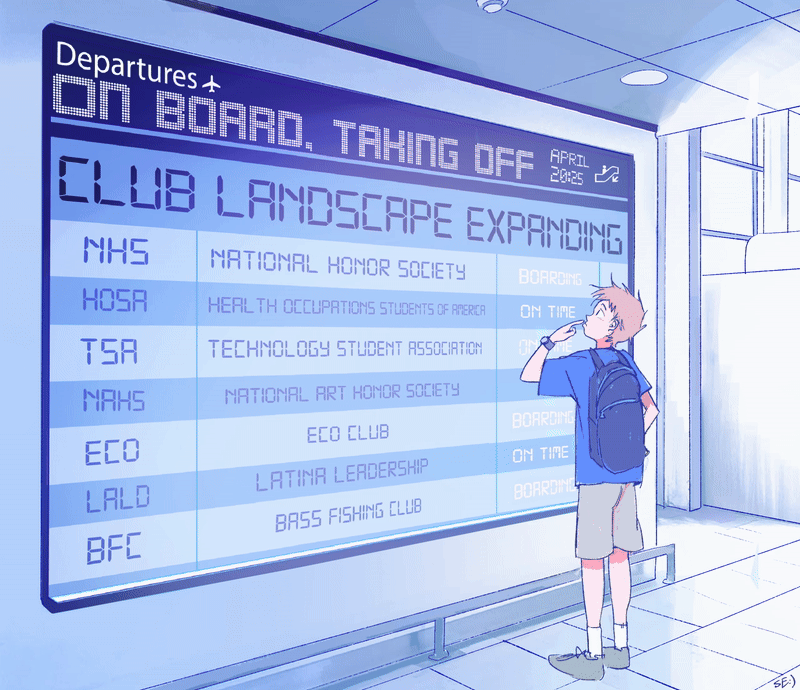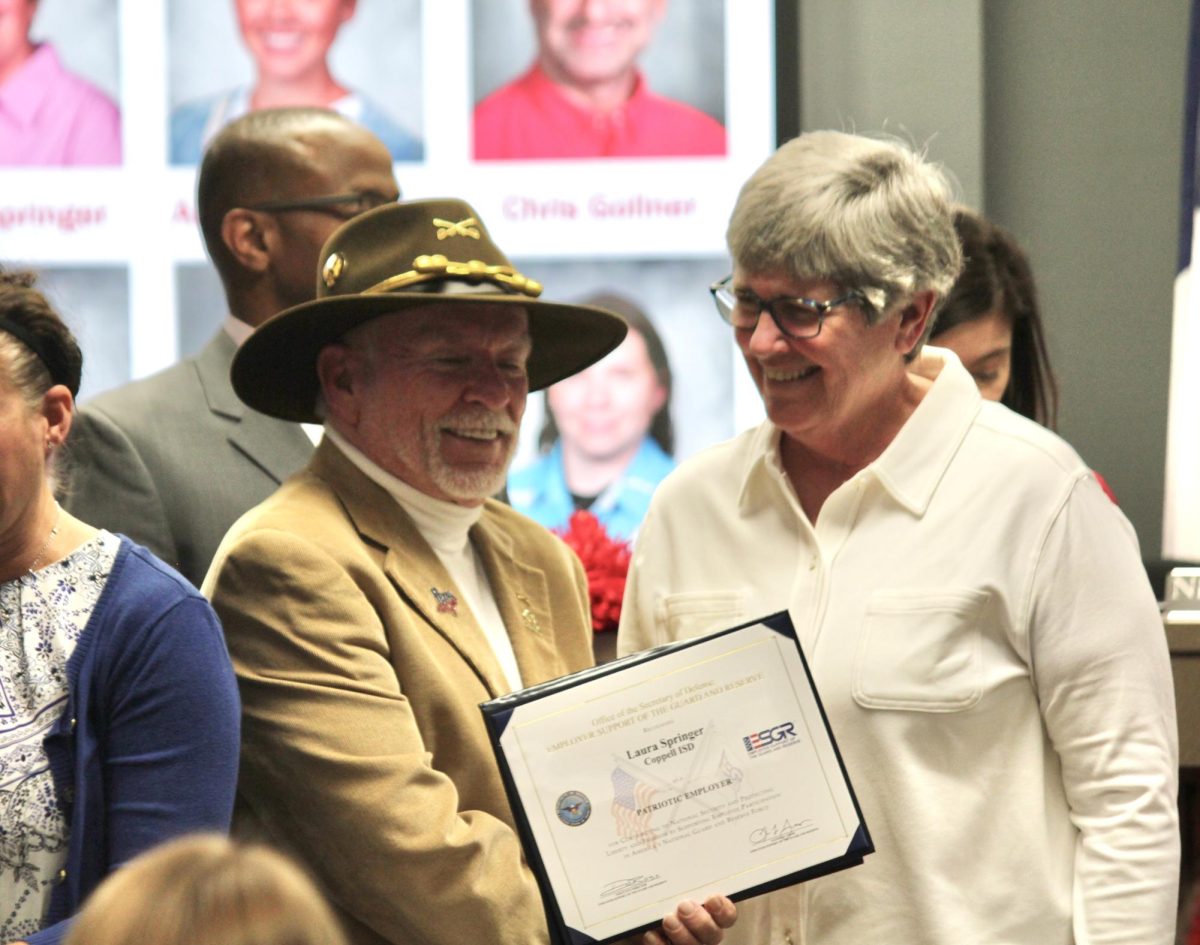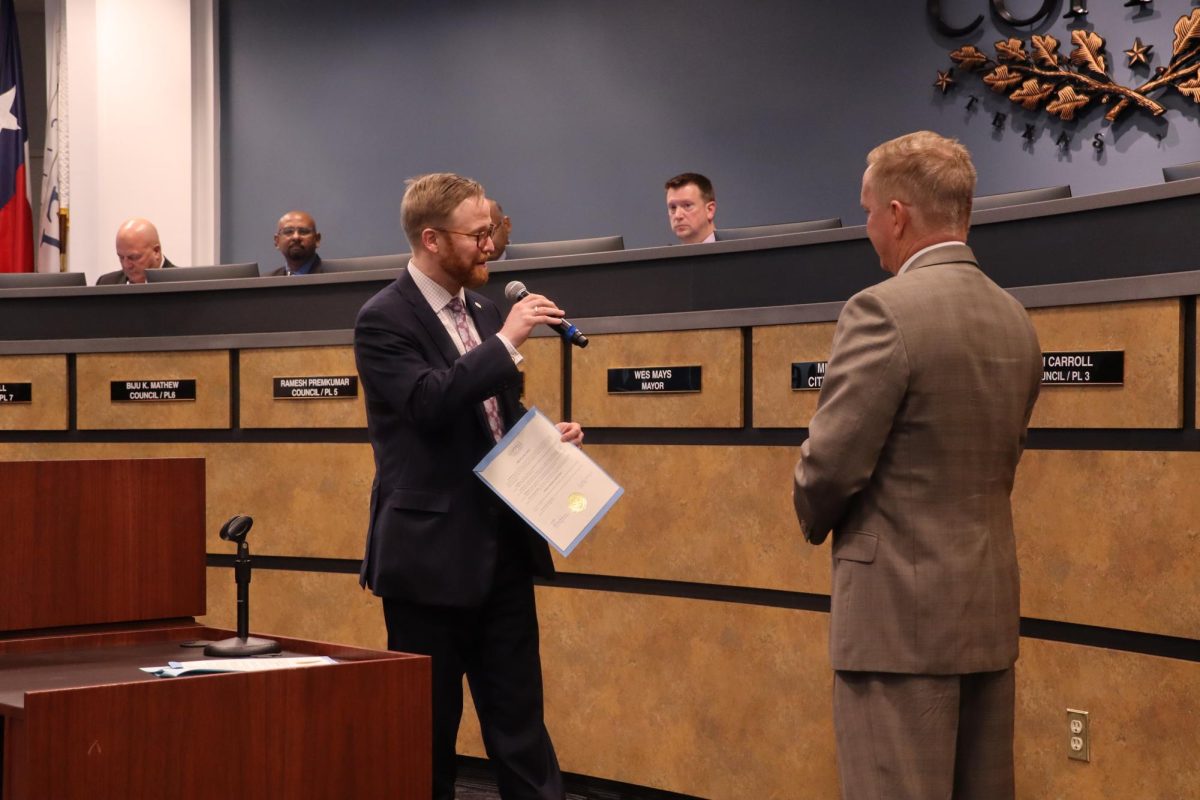As the bell rings, the Coppell High School halls clear, classes fill with students and yet some seats remain empty.
For students, skipping class is not just a missed lesson, but a missed credit. If students miss more than 90% of a class in a semester, they are assigned seat time sessions, giving them an opportunity to complete those hours.
In each semester, there are 42 A and B days, respectively. Missing more than five periods of any classes unrelated to school absences puts a student at risk of losing credit for the course. Students assigned seat time must make up their lost hours at their individual time.
While seat time has always been a requirement and rule, CHS reinforced the policy due to attendance playing a critical role in school funding.
“Attendance is such a big deal because it equals funding,” lead counselor Ann Cinelli said. “We don’t get money for students skipping school. That is why we are really sticking to the rule.”
For students who attend class regularly, seat time likely will not become a concern. However, for those falling below the 90% attendance threshold, the consequences are unavoidable.
“If you come to school, you’ll never worry about seat time,” Principal Laura Springer said. “But, when a kid drops below 90%, we need to get seat time hours back for them to make up for the time they’ve missed and ensure they get credit for the course.”
To make up missed hours, students must attend one of the following: Friday Night Lights (FNL) which is two hours, Saturday School which is four hours, before or after school tutoring which is 30 minutes, or release periods. By attending these sessions, students slowly make up all the hours of class they have missed.
For students who are involved in athletics or other extracurricular activities, it can be challenging to catch up on the hours.
“I have volleyball practice every day after school,” sophomore Sahasra Veerapaneni said. “It is frustrating trying to find the time to make up those hours just because I was sick and injured for some time.”
Students can also contact their teachers to accommodate for seat time before or after school.
“One of my students has seat time, so I know how difficult it can be to find the right time for him to come in and make it up,” English teacher Hannah Corley said. “I think that if the student actually wants to make up their hours, they’ll make it happen one way or another.”
According to administrators, their goal is to help to make students realize attendance is not just about credit—it’s about preparing them for future responsibilities.
“Your first job is school,” Springer said. “It trains you for work one day to get up in the morning, work all day and go home. It is a job but it is a fun one if you let it be.”
Follow @RaimaAAwan and @CHSCampusNews on X.







